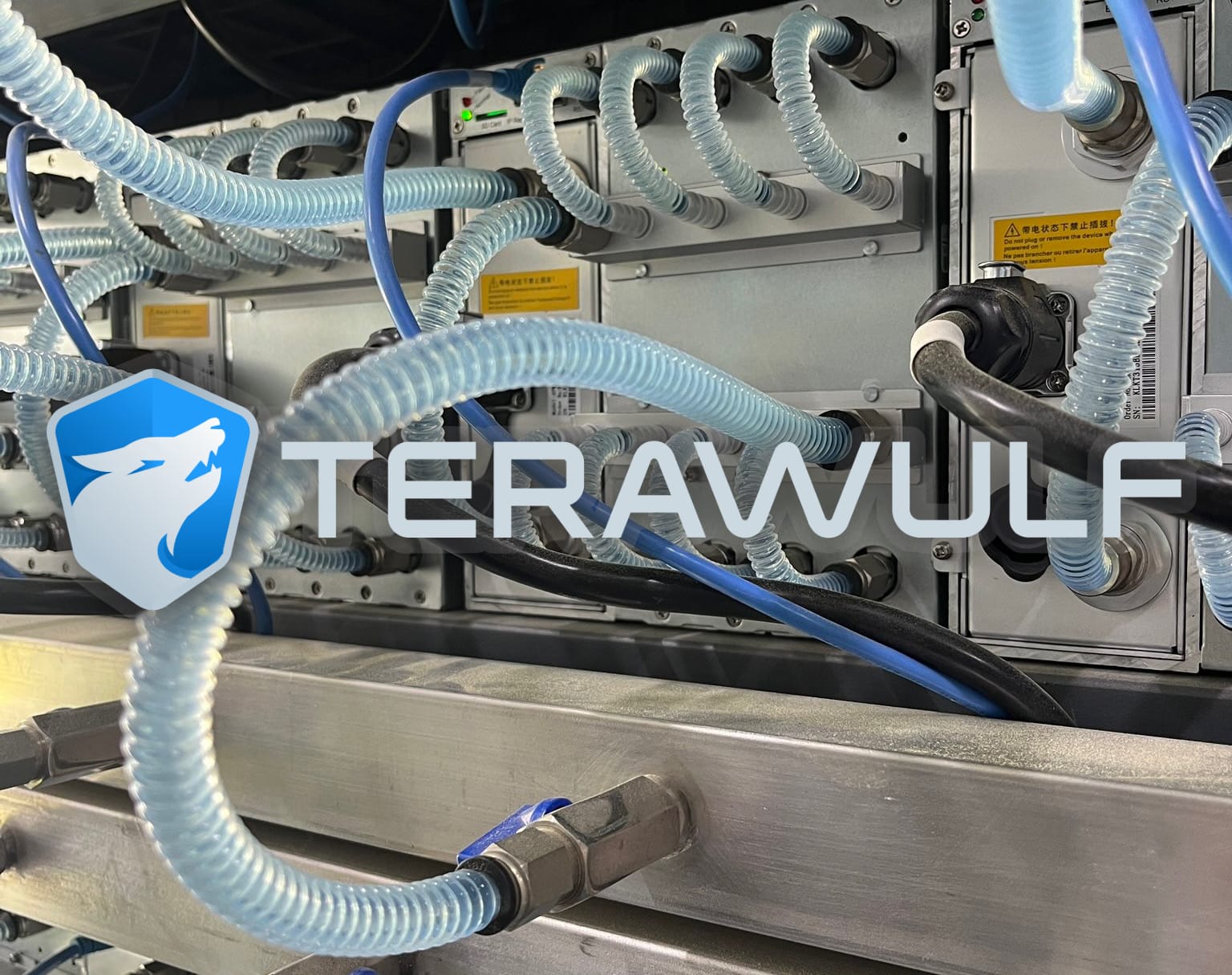Google’s $3.7 Billion Investment in TeraWulf Signals Major Shift in Bitcoin Mining

Google has taken a significant step into the crypto sector by acquiring an 8% ownership stake in TeraWulf, a leading Bitcoin mining company, as part of a $3.7 billion deal. This move positions the tech giant alongside other major players looking to bolster the infrastructure supporting Bitcoin and the broader crypto economy. While Google has traditionally approached cryptocurrencies with caution, this investment highlights a strategic pivot toward embracing the potential of blockchain and decentralized systems.
TeraWulf has emerged as a key player in the Bitcoin mining industry, distinguished by its commitment to sustainability through the use of nuclear and renewable energy sources. The company operates high-efficiency mining facilities across the United States, addressing growing concerns about the environmental impact of cryptocurrency mining. Google’s decision to invest in TeraWulf aligns seamlessly with its own sustainability goals, which have long emphasized reducing carbon footprints and promoting clean energy initiatives.
Stay In The Loop and Never Miss Important Bitcoin News
Sign up and be the first to know when we publishStrategic Implications for Google and the Bitcoin Sector
TeraWulf’s focus on environmentally responsible Bitcoin mining practices makes it an ideal partner for Google, which has faced increasing pressure to align its operations with sustainable practices. By investing in a company that prioritizes low-carbon energy, Google can leverage TeraWulf’s infrastructure to explore new opportunities in the crypto space. This could include providing cloud computing services tailored for mining operations or integrating machine learning to enhance cryptocurrency analytics, areas where Google’s technological expertise could prove transformative. The investment underscores Google’s recognition of Bitcoin mining as not just a financial opportunity but a critical component of the emerging Web3 ecosystem.
The deal also carries broader significance for the cryptocurrency industry, as Google’s involvement lends substantial credibility to Bitcoin mining. As one of the world’s leading technology firms, Google’s entry could encourage other tech giants, such as Amazon or Microsoft, to explore similar investments. TeraWulf’s Chief Executive Officer, Paul Prager, emphasized the importance of the transaction, stating, “We are proud to unite world-class capital and compute partners to deliver the next generation of AI infrastructure, powered by low-cost, predominantly zero-carbon energy.” This partnership positions TeraWulf’s Lake Mariner facility as a premier hub for hyperscale computing, with potential applications beyond cryptocurrency mining.
Google’s investment comes at a time when the crypto industry is navigating increased scrutiny over energy consumption and regulatory challenges. By aligning with TeraWulf, Google is strategically positioning itself to influence the narrative around sustainable mining practices. The company’s involvement could pave the way for innovations that make Bitcoin mining more efficient and environmentally friendly, addressing one of the industry’s most pressing criticisms. Furthermore, Google’s technological resources could accelerate the development of blockchain-based solutions, from decentralized finance to secure data management systems.
This $3.7 billion deal marks a turning point for both Google and the cryptocurrency sector. For Google, it represents an opportunity to diversify its portfolio and gain a foothold in the rapidly evolving world of digital assets. For TeraWulf, the investment provides access to Google’s vast resources and expertise, enabling the company to scale its operations and solidify its position as a leader in sustainable Bitcoin mining. As the crypto economy continues to mature, Google’s bold move could inspire a wave of institutional investments, further integrating blockchain technology into mainstream industries.

